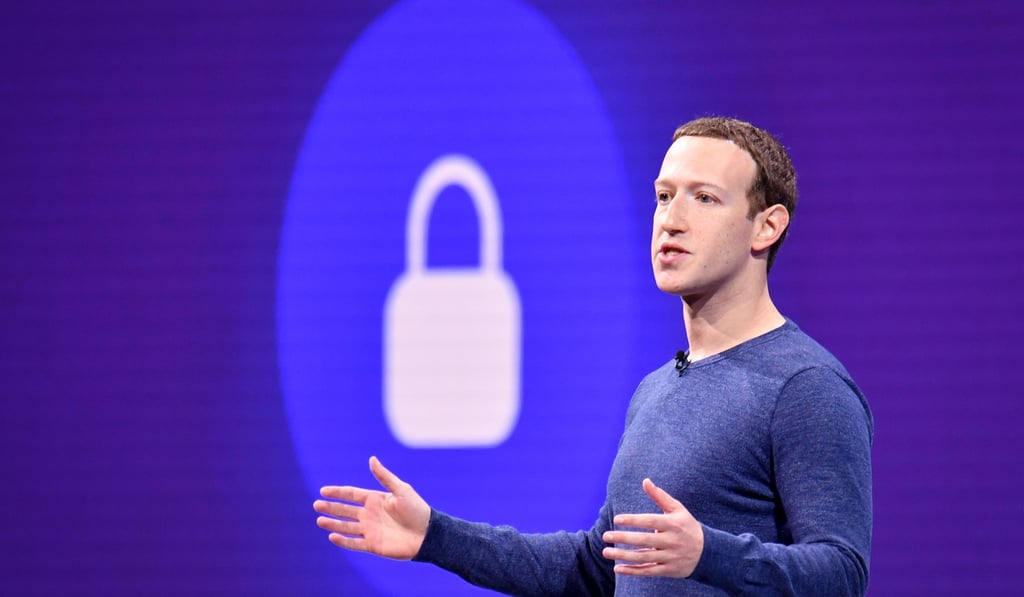Advertisement
Abacus | Why Facebook’s answer to bitcoin and WeChat Pay, libra, is doomed to fail
- Mark Zuckerberg is hoping to take on Tencent’s WeChat Pay and thinks he has found a way around the problems faced by bitcoin
- He hasn’t: consumers will have no incentive to use libra, governments have every reason to oppose it
3-MIN READ3-MIN

“Move fast and break things. Unless you are breaking stuff, you are not moving fast enough,” Facebook founder Mark Zuckerberg once said.
Today Facebook is racing as fast as it can to break the global financial architecture, before the world’s big governments can shatter its existing business model.
It will lose the race.
Advertisement
Last week the US social media giant announced plans to launch a new “global currency” called libra. The idea is to use a smartphone app to create an international payments system for a new electronic currency, similar to bitcoin, to rival and even displace existing national currencies.
You can see why “Zuck” is going down this path. A third of the world’s population is now signed up to Facebook’s social media and messaging services. This has allowed Facebook to exploit users’ data to sell targeted advertising on a vast scale.
Advertisement

Advertisement
Select Voice
Select Speed
1.00x
